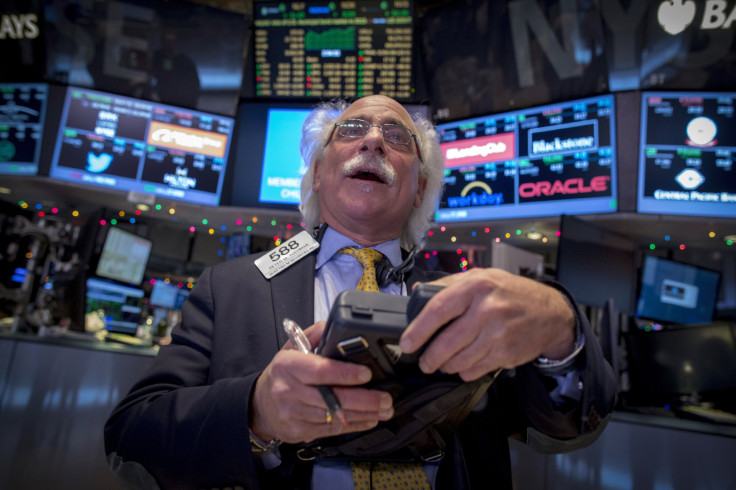US Stocks Poised For Tuesday Rally Despite Dashed Hopes Of Oil Supply Cut

U.S. stock futures pointed to a strong opening Tuesday morning, when traders on Wall Street return from a long weekend. Even as European bourses lost steam — paring gains after hopes of a production cut by the world’s biggest oil producers fizzled out — Nasdaq futures traded up 1.6 percent from Friday’s close, while Dow Jones and S&P 500 futures were both up 1.2 percent.
“Futures are holding gains as the market was closed on Monday, but we need to wait for the opening to see if they follow the previous gains in Asia or Europe,” Guillermo Hernandez Sampere, head of trading at MPPM EK in Eppstein, Germany, told Bloomberg. “The truth will come this afternoon when U.S. colleagues wake up and read the news. The freeze in the oil output is the major news, but we need a cut, not a freeze.”
Among U.S. oil companies, shares of Chevron rose 0.57 percent in premarket trade, while Exxon Mobil climbed 1.7 percent.
Earlier Tuesday, after Asian markets closed mostly higher — led by China’s Shanghai Composite Index — European stocks were initially boosted by speculation that major oil producers would agree to cut production during a meeting in Doha. However, after Saudi Arabia, Russia, Venezuela and Qatar agreed to freeze production at January levels — contingent on other producers following suit — European equities reversed early gains.
At 7:16 a.m. EST, the pan-European Stoxx 600 was trading flat, while Germany’s DAX was down 0.54 percent. The U.K.’s FTSE 100 and France’s CAC 40, meanwhile, continued to trade up.
Oil giants BP and Shell were among the biggest gainers in London, rising 2.2 percent and 1.85 percent respectively, despite disappointment over the deal to tackle the global oil supply glut.
However, the price of a barrel of Brent crude — the international oil benchmark — fell over 4 percent to $33.96 after the announcement, while the price of U.S. benchmark West Texas Intermediate dropped to $29.89 a barrel from over $31 a barrel.
© Copyright IBTimes 2024. All rights reserved.












